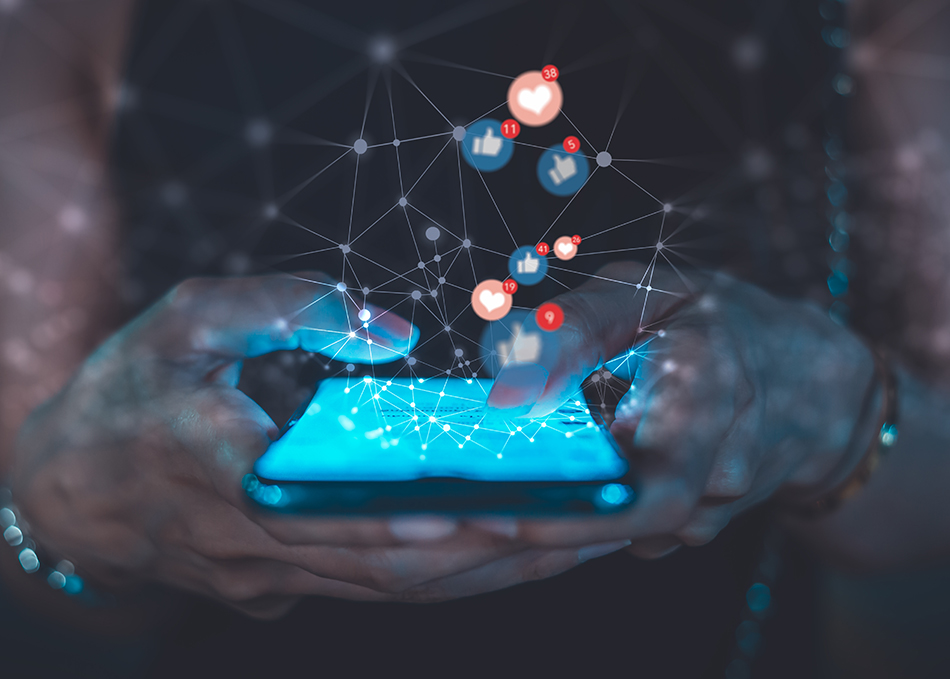Lifesaving science is under attack from potentially deadly misinformation, says the May 9 episode of the I am BIO Podcast, which features Food and Drug Administration (FDA) Commissioner Dr. Robert Califf.
“Almost no one should be dying of COVID, given the protection that can be afforded,” Dr. Califf tells the podcast, noting that vaccines and antivirals reduce risk by 80-90%. “And so, when we look at the effect of misinformation in this case, it’s literally causing people to die.”
The problem of misinformation has been greatly exacerbated by social media, according to podcast host Rachel King, the CEO of the Biotechnology Innovation Organization (BIO). Dr. Califf agrees, but says the FDA must deal with this aspect of misinformation carefully.
“The question of whether the FDA should work directly with social media companies is a charged topic right now. There are many members of Congress who think that we absolutely should not, that that would be suppression of free speech, since the government has such a powerful voice,” Dr. Califf says. “On the other hand, there are commercially available products that allow us to monitor social media. And I think we have an obligation to do that, because in our mission, as I’ve already said, is giving people reliable and truthful information.”
Pushing back against misinformation
COVID-19 misinformation had a big initial impact on Black Americans, who faced a “very deliberate campaign of misinformation targeted at our communities,” says Dr. Reed Tuckson of the Black Coalition Against COVID, to which BIO belongs. The coalition targeted misinformation by working with Black religious leaders, health professionals, and community organizations, Dr. Reed tells the podcast. He adds that these kinds of grassroots efforts made a difference.
“For the first time in our experience, we closed disparity’s gap fairly rapidly, and we learned that we did it through our own hard work, sweat and labor, inside of our communities, diligently pursuing the work that had to be done,” Tuckson said. “After the second year of the pandemic, Black life expectancy actually improved relative to white life expectancy, which decreased.”
Combatting misinformation is a challenging and necessary job, Jules Bernstein of University of California, a person with first-hand experience, told the podcast.
UC researches investigated the use of chloroplasts, the part of plant cells involved in photosynthesis, to produce mRNA and possibly vaccines that do not need to be stored cold. Former National Security Adviser Michael Flynn claimed that the researchers were actually seeking to sneak vaccines into salads. Bernstein received death threats as he fought this misinformation, but he says the work must be done.
“I think the best thing that we can do is to not be intimidated into silence, but instead to push ourselves to do a better job of explaining science and raising enthusiasm for exciting science projects in a way that makes it difficult to twist any of what we’ve said into something that isn’t true,” Bernstien explains.
Poldcast host King agrees that battling misinformation is essential.
“It takes a village to solve a problem as complex and consequential. BIO is proud to join with partner organizations to increase understanding of, and trust in health in science,” King says.




